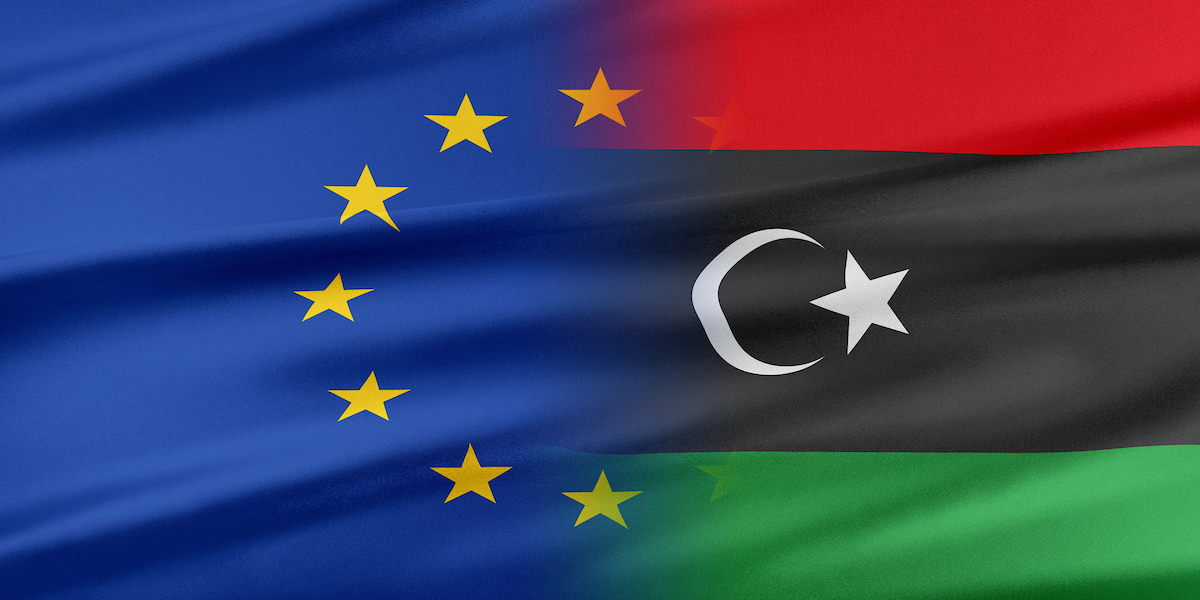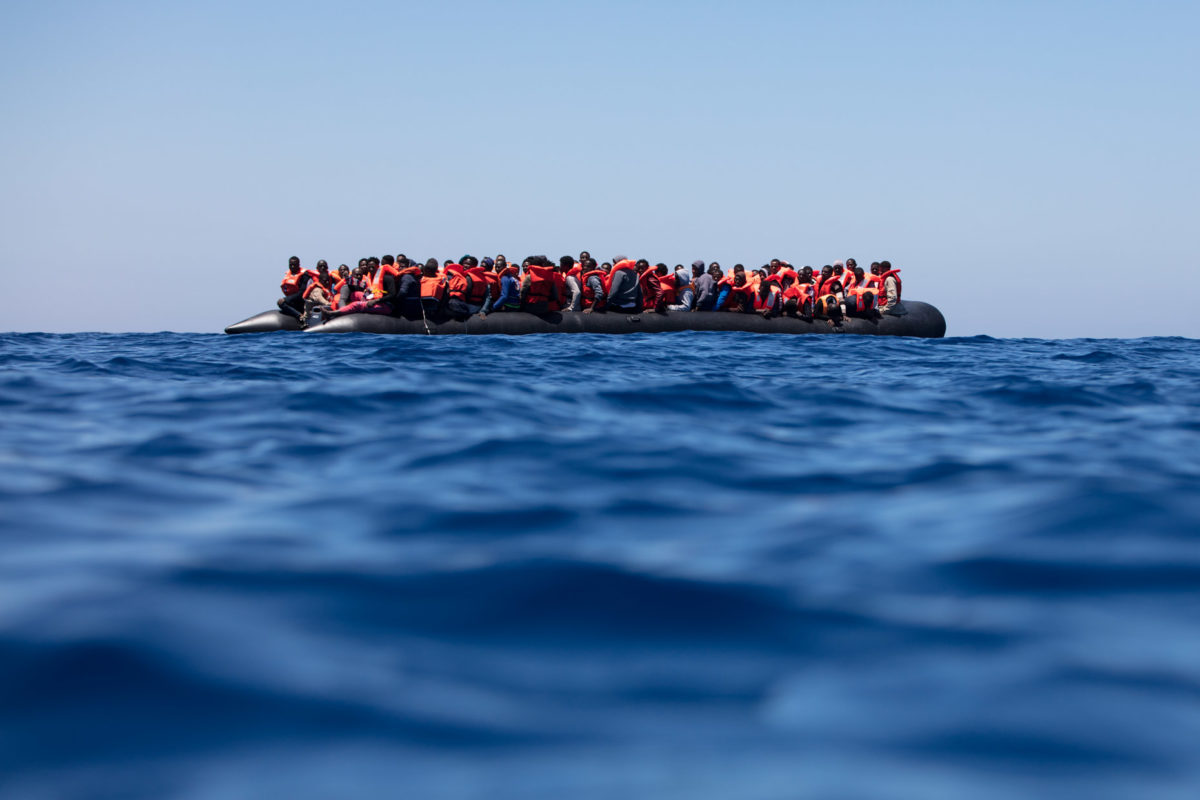Question: Human trafficking by Libyan coast guard
I have asked the Commission what it thinks about the fact that the Libyan coast guard, which it supports, is itself involved in smuggling and human trafficking. This includes a person who is on the sanctions list of the United Nations Security Council.
In its response, the Commission says that the human rights violations and conditions in detention centers in Libya are unacceptable. Nevertheless, the Commission supports the very entities that bring people to these camps. So the Commission knows that basic human rights are being violated here, but is not willing to align its policy with these basic human rights. The Commission talks about saving lives, but in most cases these are not rescue operations, but pull-backs, in which people are taken against their will to the civil war country Libya, so that they do not apply for asylum in the EU.
The reference to the fact that the people in Libya would be even worse off without EU aid is a red herring, since my question is not about cooperation in general, but very specifically about the Libyan coast guard. The Commission’s claim that there is a “solid monitoring mechanism†is wishful thinking. The Commission supports an organization that, according to the UN, violates basic human rights and believes that it can give money to this organization without supporting the violation of basic human rights. In addition, there is a massive lack of transparency towards the parliament, because evaluations and monitoring are not disclosed. Despite repeated requests, we MEPs do not have a precise overview of the EU funds for Libya.
All my questions and the answers of the Commission can be found here.
My request
From the recent report of the independent fact-finding mission of the United Nations Human Rights Council. on Libya reveals evidence that units and members of the so-called Libyan Coast Guard are collaborating with smugglers and are themselves involved in human trafficking, particularly in the western Libyan region of Zawiya. It has been revealed that the Libyan Coast Guard in this area is in cahoots with the al-Nasr detention center in Zawiya. The unit’s commander, Abd al-Rahman al-Milad (nicknamed âBijaâ), has been on trial since June 2018 for involvement in human trafficking. United Nations Security Council Sanctions List.
1) When did the Commission learn about this and what information does it have about this collusion in the Zawiya region?
2) What action will the Commission take in response to the findings that have come to light and will this result in the cessation of cooperation with or financial support for the so-called Libyan Coast Guard? 3) What steps can we expect the Commission to take after the publication of this report with regard to Italy in light of the country’s cooperation with Libya and the so-called Libyan Coast Guard?
Answer given by Olivér Várhelyi on behalf of the European Commission (21.8.2023)
Given the complex situation in Libya, EU-funded programs in Libya are implemented according to the principle of harm reduction and with a conflict-sensitive and rights-based approach, ensuring respect for human rights and due diligence as well as restrictive measures. The Commission pays close attention to ensuring that individuals working on ther Sanctions List of the United Nations Security Council will not benefit from EU funds. EU and Italian support for the Libyan coast guard plays a crucial role in saving lives at sea. The human rights violations in Libya and the conditions in the detention centers are unacceptable.
In line with the strategic guidelines of the European Council, the Commission continues to work with the Libyan authorities to build capacity for effective border management, in line with international standards and respect for human rights, to save lives at sea and to combat smuggling and trafficking networks. Despite the difficult situation in Libya, the situation of those most in need would not improve if EU assistance in the country were to be temporarily suspended or if the EU were to withdraw from the country altogether.
The EU, together with its implementing partners, has a robust monitoring mechanism for the assistance provided to Libya. Third party monitoring is also carried out, focusing in particular on compliance with the harm reduction principle. Furthermore, the Commission carries out ad hoc evaluation and monitoring missions. As regards the provision of search and rescue vessels to the Libyan coast guard, the delivery followed the signing of an agreement between Italy and Libya, which includes guarantees for the respect of human rights and the monitoring of the use of the vessels.

